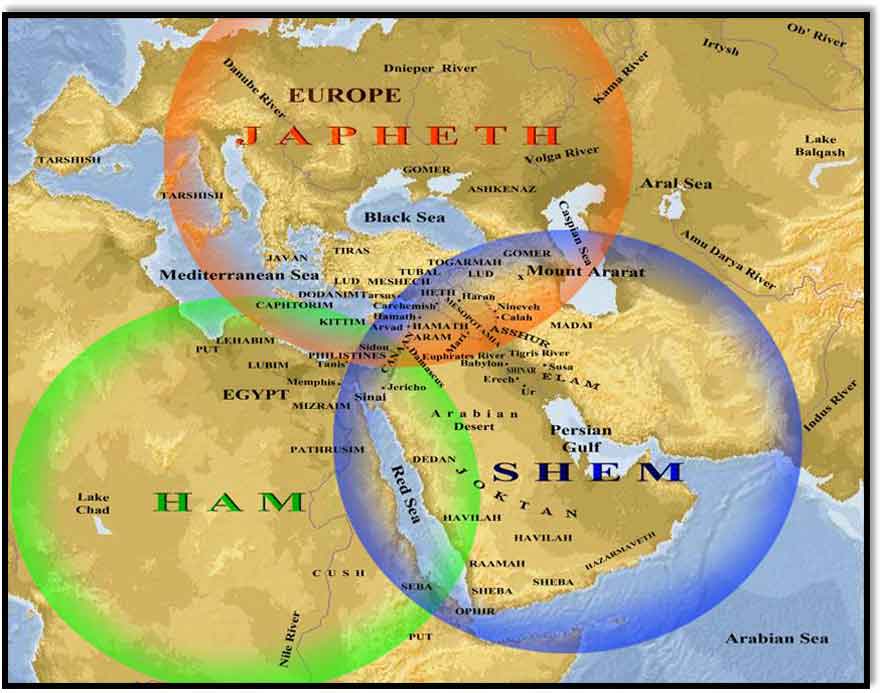St. Paul credited with Macedonia's honorable mention in the Bible
Macedonia has a special place in the Bible, where it is named about 30 times. The mentions of Macedonia are largely associated with the mission of St. Paul the Apostle, who took Christianity to Europe by way of Macedonia.
"It's a great honor and dignity to be named in the Bible. There is no nation or country on the Earth who would not wish to be part of the Holy Book, and Macedonia is one of the few. The naming of Macedonia in the Bible, in the word of God, is eternal and nonpermutable", writes Theology professor Ratomir Grozdanovski in the book "A Name of Light and Wounds".
The relevant portion of the Bible, Acts 16:9, says: "During the night Paul had a vision of a man of Macedonia standing and begging him, 'Come over to Macedonia and help us'". This was seen by the Apostle as an invitation to spread the teaching of Christ into Europe. Written by Luke, the New Testament informs that Paul planned to teach in Asia, but that God did not allowed him to go, and guided him westwards.
"It was divine providence which led Paul to Macedonia", writes professor Grozdanovski on this precipice between the two continents.
Luke, who himself is believed to have originated from Macedonia, or may have been "the man of Macedonia", writes that this vision, of a man of Macedonia, was the decisive push to lead this early apostolic mission to Europe. "Paul took his friend Luke the physician, who became his third companion, alongside Silas and Timothy. The group sailed from the port city of Troas to Philippi in Macedonia. Timothy was Hellenic and Silas was a Christian Jew, one of the dignified brothers of the church of Jerusalem. They founded the first church of Christ in Philippi, making it the Jerusalem of Europe", writes professor Grozdanovski, adding that the Bible describes the short and pleasant trip between the continents which occurred in the Autumn of 50 or 51 AD.
"This was a momentous occasion in the history of humanity. Paul came to Macedonia a full four times and through this Apostle of Christ Europe knew his truth for the first time. Macedonia was the gateway through which Christianity entered Europe, but it was also the good land for sowing of the truth, a land that bore the good fruit", adds Grozdanovski.
The first audience for St. Paul in Philippi were the women of the city. One of them, Lydia, is the first European to adopt Christianity. "The Apostles were welcomed not by the men, but by the women. They were first to come before them. Lydia and her family accepted Christianity. Their home was the first Christian shrine in Macedonia and in Europe", writes Grozdanovski. St. Paul went on to Solun (Thessaloniki) and later to Ber (Veria) where he founded churches.
From the Bible, it is notable that a distinction is made between Macedonia and Greece. In the 2 Corinthians, Luke wries that after traveling through all the Macedonian, cities, and then west to Illyricum on the eastern coast of the Adriatic, Apostle Paul left for Greece. "There, Apostle Paul told the Greeks to follow the Macedonians as an example in faith and good deed", writes professor Grozdanovski.




